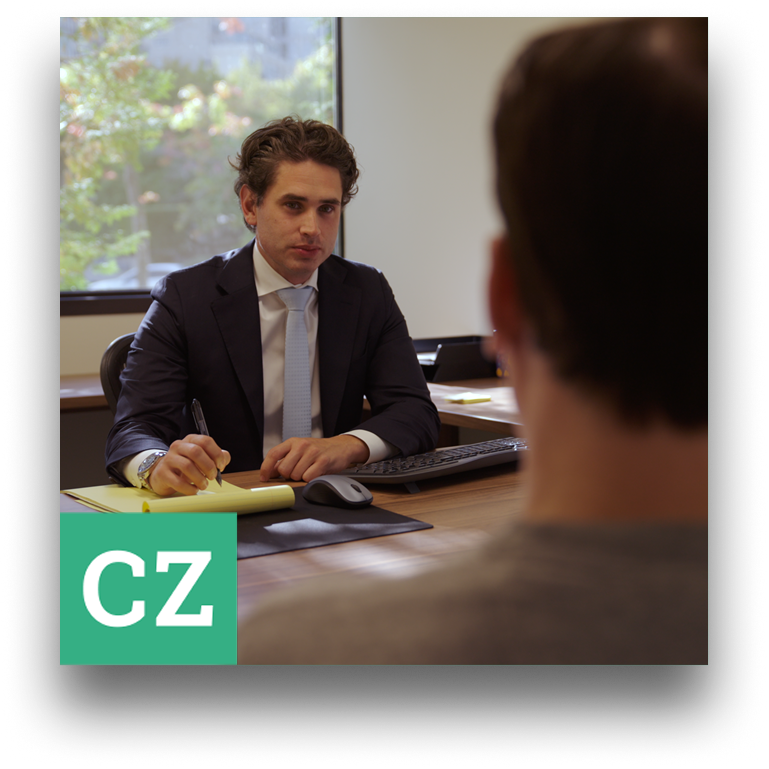
Seattle Drunk Driving Accident Lawyer
Legal Representation After a Drunk Driving Injury in Washington
A drunk driving accident is a terrifying and traumatic experience that can leave you with serious injuries or the loss of a loved one. At Carpenter & Zuckerman, our Seattle drunk driving accident attorneys understand the fear and uncertainty you are experiencing after a collision caused by a drunk driver. We are here to help you understand your rights and legal options, and to provide the guidance you need to navigate the legal process.
If you or someone you love was injured by a drunk driver, call (425) 585-4009 or contact us online to request a free consultation with our team.

-
$131 Million Dram Shop Liability
Our client was injured in a car accident caused by a driver who was over-served at a restaurant/bar.
-
$10,500,000 Distracted Driving Accident
-
$10,500,000 Car Accident
-
$2,100,000 Hit-and-Run Accident
-
$1.34 Million Spinal Injury
Secured a verdict against State Farm for an accident resulting in a spinal injury.
-
$1,230,000 Spinal Injury
Schedule Your Free Consultation Today
At CZ, our Seattle drunk driving accident lawyers are dedicated to helping victims of negligence, including those harmed by drunk drivers. We have handled many of these cases before and have a proven track record of success. Our attorneys have a deep understanding of the law, the legal process, and how to effectively advocate for our clients.
If you were injured or your loved one was killed by a drunk driver, call or complete our online contact form to get started with a free, confidential consultation.
Their Words. Their Wins.
-
"Very informative, consistent, and always pleasant to speak to"CZ made the process very smooth and pain-free.- Former Client
-
"Really fast communication and took care of the case as promised"They always respond fast and keep in touch throughout the whole process.- Anelia D.
-
"Bottom line, they take care of business!"They took great care of me and expedited my case quickly and efficiently.- Vincent C.
-
"I would definitely recommend them to anyone who needs legal advice."They walked me through every step of the way- Jesse P.
-
"Honest and helped me every step of the way"They were honest with me from the start and let me know they'd be able to help me.- Karen V.
-
"I never felt like I was battling my own attorney"Well-oiled and efficient machine- Tim U.
-
"The most organized team"They communicate quickly. Very friendly. Hardworking.- Elianna S.
-
"You're in good hands! I wouldn't go anywhere else."Had an amazing experience after our vehicle accident.- Former Client






